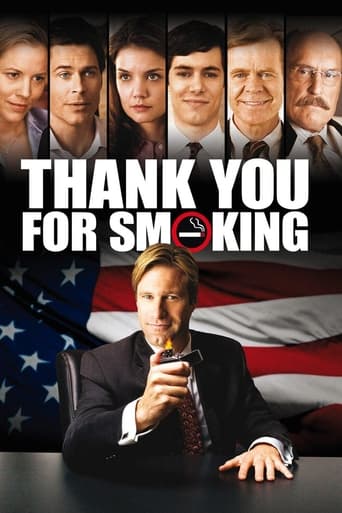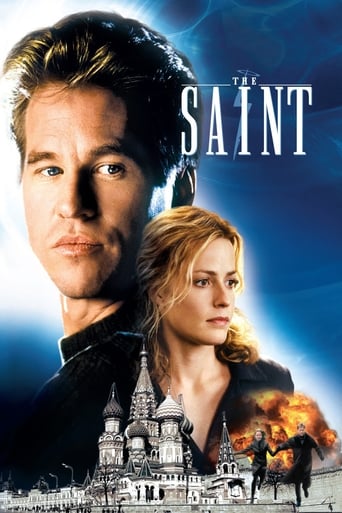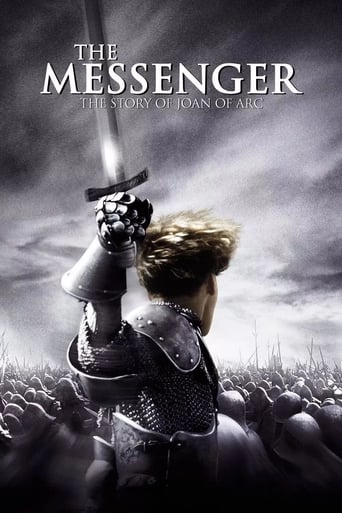

The Take (2004)
In suburban Buenos Aires, thirty unemployed ceramics workers walk into their idle factory, roll out sleeping mats and refuse to leave. All they want is to re-start the silent machines. But this simple act - the take - has the power to turn the globalization debate on its head. Armed only with slingshots and an abiding faith in shop-floor democracy, the workers face off against the bosses, bankers and a whole system that sees their beloved factories as nothing more than scrap metal for sale.
Watch Trailer
Cast


Similar titles

Reviews
It is a performances centric movie
Pretty good movie overall. First half was nothing special but it got better as it went along.
I really wanted to like this movie. I feel terribly cynical trashing it, and that's why I'm giving it a middling 5. Actually, I'm giving it a 5 because there were some superb performances.
The film never slows down or bores, plunging from one harrowing sequence to the next.
Argentina has long been known as the land of the tango, and saw the growth of a large middle class under Juan Perón. Then, the South American country saw a complete economic collapse in 2001. "The Take", a documentary by Avi Lewis and Naomi Klein, focuses briefly on the neoliberal policies that caused the collapse, but is mostly about how Argentina's workers have resisted. A large number of workers have simply taken over the abandoned factories and formed cooperatives. I guess that I would've liked the documentary better had Lewis and Klein mentioned the progressive governments that were sweeping South America in the 2000s and how they were also a reaction to globalization. But otherwise it's a very good look at Latin America's resistance to neoliberalism. Another documentary focusing on South American resistance is Oliver Stone's "South of the Border", featuring interviews with Hugo Chávez, Rafael Correa, and other leftist leaders.
Which side are you on, boys, which side are you on? Count me as on the side of the workers, who proved that 'cooperativism' can succeed in Argentina without the unnecessary robber barons, corrupt politicos, and international bankers we find parasitically attached to our western 'democracies'. This inspiring film documents the movement that saw workers seize control of abandoned factories after their nation's IMF sponsored economic collapse. You'll be hard pressed to choose who to dislike the most: the repellent and oily Carlos Menem, who carried water for the IMF whilst bankrupting his nation; the smug oligarch who confidently predicts that the president will soon return 'his' factory to him; or the pocket fascists of the local police who, as usual, always intervene on the side of capital. What cannot be denied is the amazing strength of the workers themselves, who against all odds have seized the tools of production and made them work for the people. Three cheers! And the film ain't bad, either.
The Take is perhaps one of the most inspirational films I had ever seen. It provides an example to all of us - in terms of what we could accomplish if only we came together, if only we joined hands like those grandmothers in the streets of Argentina, like those workers who took production and decision making into their own hands. True democracy has to start from the bottom up, it has to start in the family, in the school, in the workplace, in the neighborhood and expand outward from there. Only when decisions in *all of these* social settings are made democratically, based on majority vote, only then, can our society begin to call itself democratic. This is currently not the case in the United States. It is not the case in the US family, nor in US schools, and no where is it more untrue than in the US workplace. Currently in the United States practically all decisions are made by those in power, by those with the money, and enforced on those underneath. When somebody gets fired from a workplace, do all the workers get together and vote on whether the person should be kept or fired? Do the children in the US schools have any democratic power to decide how things are done and organized? Do wives have equal power with their husbands in the American family? So how can a society that is so undemocratic claim to be a model of democracy for others? It is unfortunate that in the US democratic participation is limited to electing individuals to power, and is never directly related to policy issues. Our society would be much more democratic if we voted like specifically on the questions at hand both at the national and at the local level: REFERENDUM: Should US troops remain in Iraq? Should gay marriage be legal? Etc. All the questions that are most important to us, why don't we just vote specifically on them? The movie about Argentine factory workers has a message about democracy: "We vote often, that way we get used to loosing". If we were to vote more often, and to vote specifically on the issues that are important to us, then we would have a true participatory democratic society. So the Take, in my opinion is *a very important* film, and is something that all workers around the world and all people should learn from. Some other comments I have about the Take are as follows. -By taking over Argentine factories, the workers are benefiting not only themselves and their families, but also their communities and Argentina as a whole, by contributing to economic recovery. I think this is a very important point. - It is unclear to me how the workers were able to make the factories profitable again, despite the economic crush. Because generally, when an economic collapse takes place and people lose jobs and savings, the demand for new goods declines, and that is probably why the factory owners were forced to shut down their factories in the first place. So how are the workers able to sell off their final products after taking over production? Is there some kind of barter system in place? Are the workers getting their inputs domestically instead of by importing them? I wish the film explained this. -The issue of private property is raised in the film. Should people really have the right to own stuff if they are not making good use of it? I mean, like if you are a kid with a toy, and you aren't playing with your toy, and the kids next to you want to borrow your toys because they actually want to play together, shouldn't you just give it to them, since you are not using it anyway? I mean why is the law on the side of those who want to keep their toys to themselves and do nothing with it?
This movie helps progressive people address one of the main criticisms of the right and capitalists: what would you do differently if capitalism and globalization is so bad? Argentina was a country where public utilities had been sold off and money fled the country. Factories were left empty, owing millions of dollars in taxes to various levels of government. The workers thought: we don't have jobs, so we can't buy things for our families. There are no jobs, because people aren't buying things for their families. So they broke the cycle, and with government approval (eventually) occupied the factories and just started producing items for themselves and their neighbors. The co-operative/collectivist movement in Argentina flourished.The movie shows it was far from easy, and there are many hurdles left to overcome for this country and its people. But it's a hopeful message that if you buy locally, use locally produced services and products produced "locally", you create a viable economic cycle that enriches everybody. You may not have $40 microwaves produced someplace else on the other side of the world, but instead you get a quality product produced by your neighbour, that doesn't require the expense and waste of trans-global shipment. Then, the makers of cheap microwaves will be forced to pay their workers more in order to create a local/national market for their products, rather than using slave labour and shipping the products overseas to the "first world".Okay, I'm off my soap box. Well done movie with real emotion and appeal.










